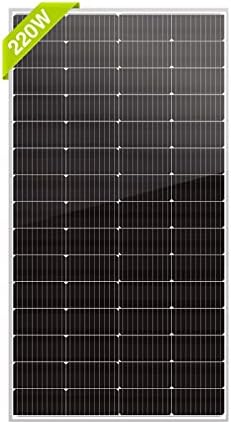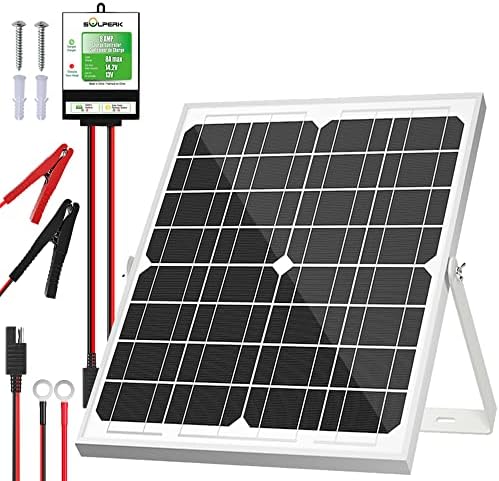Living off the grid and relying on off grid solar systems has been one of the most rewarding experiences of my life. The ability to generate my own electricity from the sun has not only allowed me to live sustainably but has also given me the freedom to live in remote locations without the need for traditional power sources. As someone who has embraced this lifestyle and technology, I can attest to the many advantages of cutting the cord and relying on off grid solar systems. However, it’s not all sunshine and rainbows, as there are also some challenges that come with this way of life. In this article, I’ll delve into both the advantages and challenges of off grid solar systems, as well as provide some pro tips for those considering making the switch.
Advantages of Off Grid Solar Systems
1. Energy Independence: One of the biggest advantages of off grid solar systems is the ability to be completely independent from the grid. This means no more worrying about power outages or fluctuating electricity prices. You generate your own electricity, on your own terms.
2. Environmental Benefits: By harnessing the power of the sun, off grid solar systems are a clean and renewable energy source. This means reducing your carbon footprint and doing your part to combat climate change.
3. Cost Savings: While the initial investment for off grid solar systems can be significant, the long-term cost savings are substantial. Once the system is installed, the sun provides free energy, meaning lower monthly utility bills and a quicker return on investment.
4. Remote Living: Off grid solar systems allow for the possibility of living in remote locations that are not accessible by traditional power sources. This opens up a world of opportunities for those seeking a quieter, more secluded way of life.
Challenges of Off Grid Solar Systems
1. Initial Cost: As mentioned earlier, the upfront cost of installing an off grid solar system can be substantial. This may be a barrier for some individuals, but it’s important to remember the long-term savings and benefits.
2. Maintenance: Off grid solar systems require regular maintenance to ensure they continue to operate effectively. This includes keeping the solar panels clean, checking the battery bank, and monitoring overall system performance.
3. Energy Storage: Storing excess energy for use during periods of low sunlight can be a challenge. Battery technology is constantly improving, but it’s important to manage energy consumption to avoid running out of power.
4. Limited Energy Production: While off grid solar systems can provide ample energy for everyday use, they may not be suitable for high-energy consumption activities such as running large appliances constantly or operating heavy machinery.
Pro Tips for Off Grid Living
– Invest in high-quality, durable solar panels to ensure longevity and efficiency.
– Utilize energy-efficient appliances and lighting to maximize the use of solar-generated electricity.
– Consider a backup generator for times when the sun is not providing enough energy, such as during long periods of cloudy weather.
– Regularly monitor and maintain your off grid solar system to ensure optimal performance and longevity.
In conclusion, off grid solar systems offer a wealth of advantages for those looking to live sustainably and independently. While there are some challenges to consider, the benefits far outweigh the drawbacks. With careful planning, investment, and maintenance, off grid solar systems can provide a reliable and eco-friendly energy source for those looking to cut the cord and embrace a more self-sufficient way of life.



